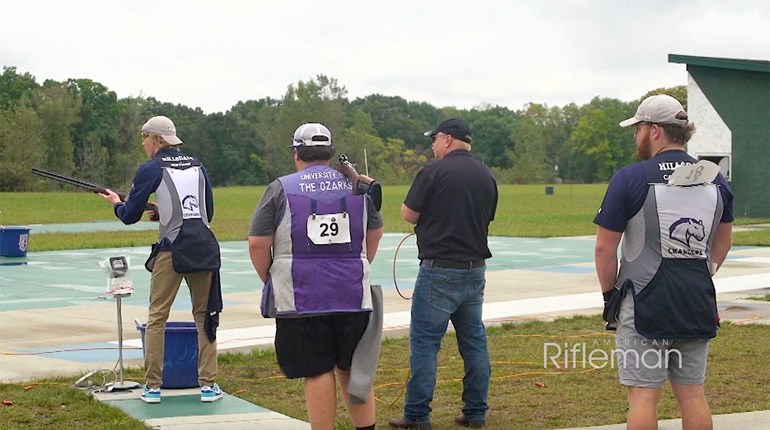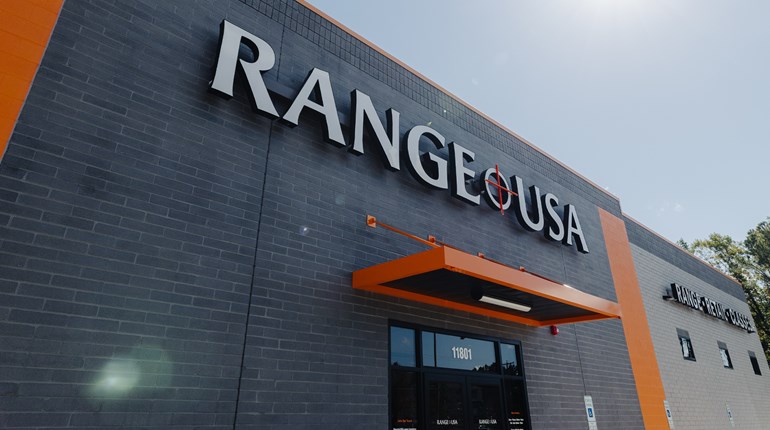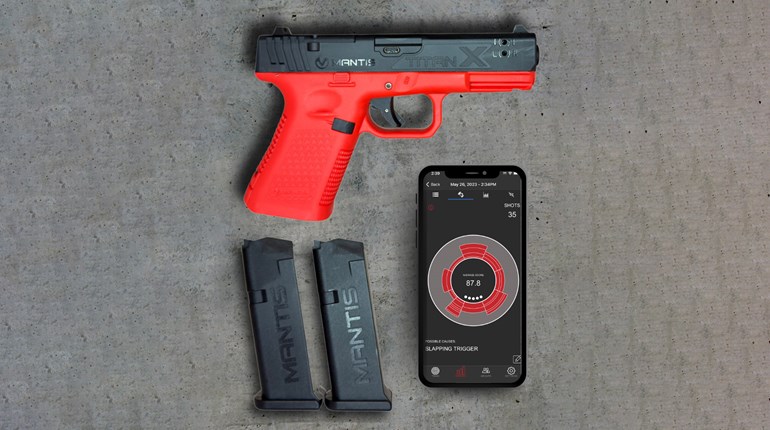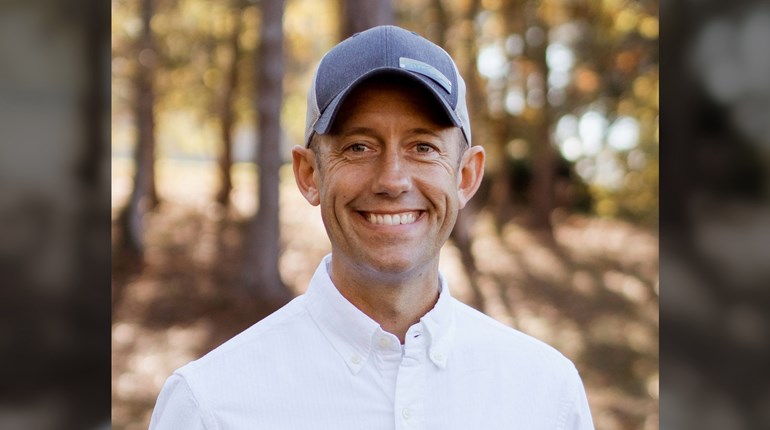
Utah teachers have been going back to school—not to learn reading, writing and ‘rithmetic, though. Instead, they are getting tactical training from police on the ways to best respond in an active-shooter situation.
While the idea of providing instruction for teachers isn’t restricted to Utah, that state recently saw some 30 educators participate in the training program.
It goes beyond the simple matter of target shooting—although range time is part of the course. But more importantly, in something akin to a police tactical course of some competitive shooting styles, cardboard props are used to simulate “hostage” situations, and the students have to navigate a maze set up to resemble a school, track down the perpetrator and shoot the “bad guy”—not the part representing the child or teacher being held under duress. And the effort is timed.
School psychologist Nancy Miramontes successfully navigated the course and took down the target. Now, she said she feels equipped to help her students and colleagues, as necessary. “I know how to protect myself and my students now. I know what to expect if the worst happens,” she said.
Utah is one of several states that have endorsed the notion of being proactive in terms of allowing school staff members, who have permits, to carry guns on campus. The concept has been supported publicly by the NRA, which advocates for more secure schools through the NRA School Shield program.
“The NRA believes every option should be considered when it comes to protecting our children and our schools,” according to Sheila Brantley, NRA School Shield program director. “When a threat occurs, a quick and timely response by law enforcement professionals is what everyone hopes for. However, when time is clearly of the essence, the NRA strongly believes that trained school personnel can also serve a vital role.”
Headlines tragically remind us of unarmed heroes—teachers, coaches and other school personnel—sacrificing their lives to save children. If they are willing and properly trained, armed school staff are able to reduce response time, potentially saving countless lives, including their own.
Unlike the picture the naysayers paint—which includes such misconceptions as “forcing” teachers to carry at school—the states that support having armed staff at schools all take care to note that the teachers participate on a voluntary basis, they generally already have experience carrying, and they generally go through appropriate training to ensure they can act in the best possible way should an active shooter ever appear.
A prime argument for having armed staff is tied to logistics. Simply put, even if a school has an SRO, that individual cannot be everywhere at once. Since most schools take up a large geographical footprint, having trained concealed carriers scattered across a campus allows for a quicker response in a crisis. And that will save precious lives.
It’s also worth noting that the training isn’t all focused on the attitude that staff members should always expect an armed response. The Utah class included lessons on how to disarm an attacker, how to try to de-escalate the situation, and how to provide life-saving first aid.
Across the nation, some states have faced legal challenges when it comes to allowing armed teachers at school. A lawsuit in Ohio, for example, recently came to a close. The plaintiffs had raised the question of how much training an educator would need, arguing that since they would be acting as police officers (in Ohio’s case, 728 hours of training), they should get the same amount of training as law enforcement recruits get. Butler County Judge Charles Pater waved off that idea, saying the school district’s requirement for 27 hours of training was sufficient.
The anti-gunners seem to like grasping at straws as they try to come up with hurdles to impede anything they don’t like from advancing. We can only guess they figure that if each teacher has to complete the equivalent of more than 18 weeks of class time, no one would do it because of the time investment.
"The phrase at issue, 'a position in which such person goes armed while on duty’ in context, must refer to 'persons otherwise privately employed in a police capacity,'" Pater wrote in his decision, according to the Journal-News.
Another compelling reason why schools are more actively embracing the strategy is that deranged people often pick their targets based on their perception of whether they’ll run up against a challenge. Publicly advertised “gun-free” zones—whether it be a school, a church or another public venue—are considered easy prey. The very idea of promoting a site as “gun-free” is problematic because the only people who follow the rules are the law-abiding citizens, the same folks who could help bring a quicker end to a threat.
While we can all hope the strategy never gets tested, it’s nice to know that responsible educators and school districts are taking steps to keep our children safer.


































